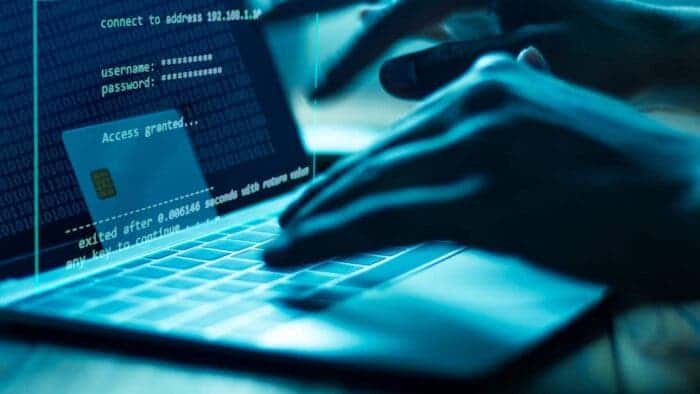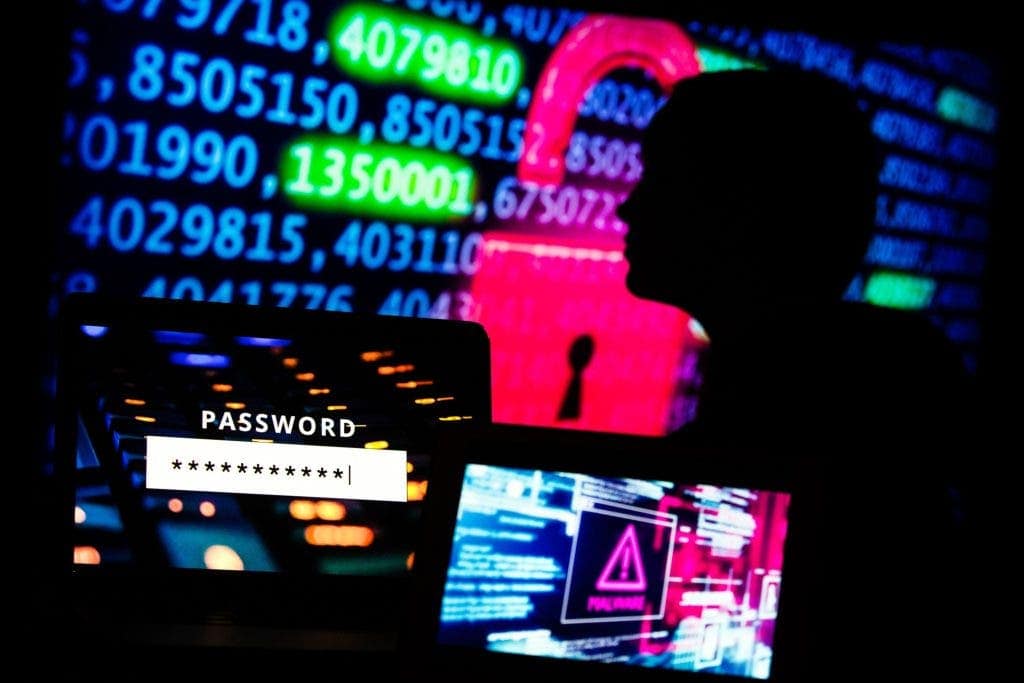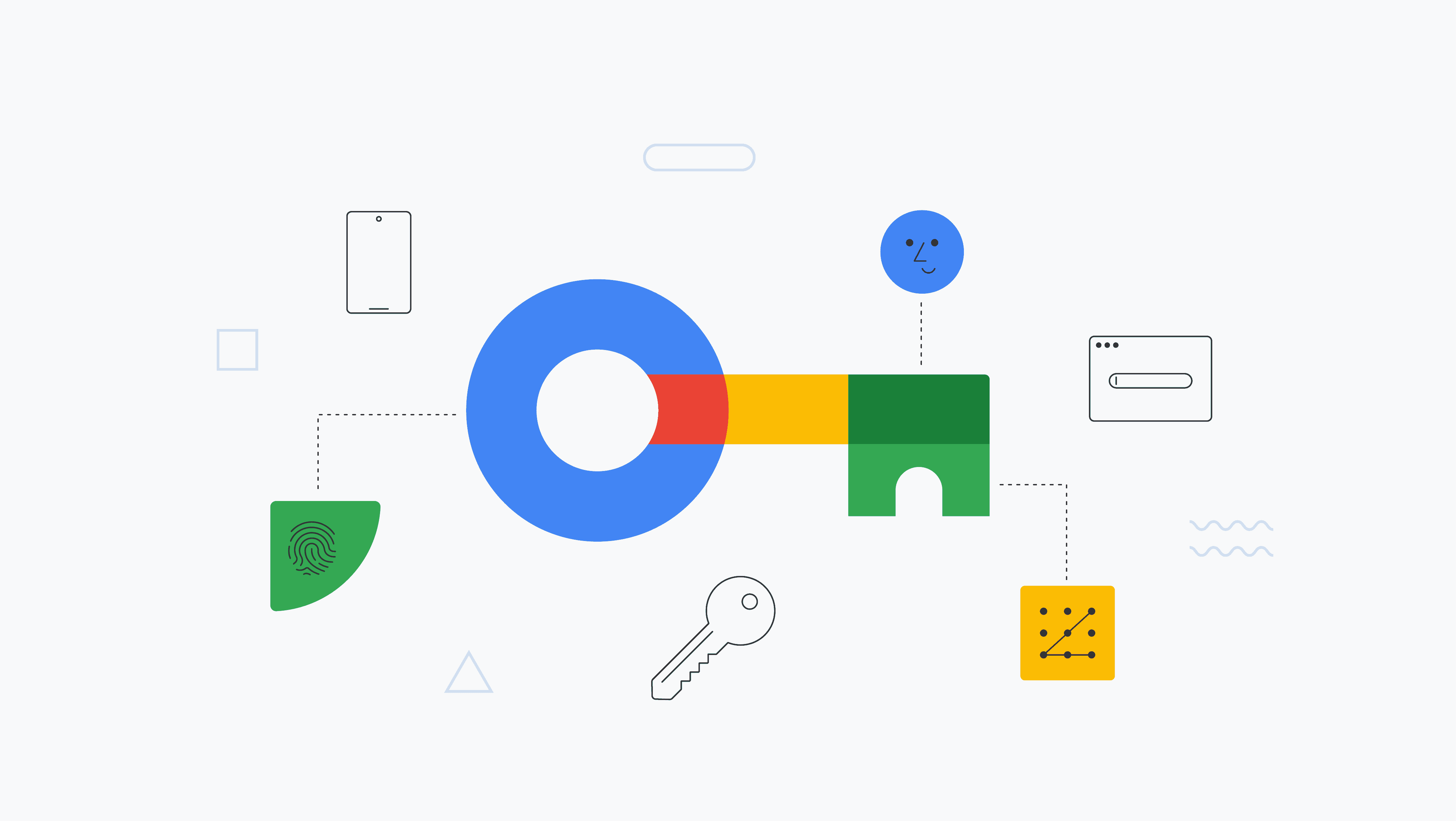How to’s | GuidesTech
- Urgent Warning: 16 Billion Passwords Leaked: How to Stay Safe
- Your Digital Life Is at Risk: What a 16 Billion Password Leak Means for You
- The Real Danger: How a Small Leak Causes Big Problems
- Your Action Plan: A Simple Guide to Locking Down Your Accounts
- 1. Check if You’ve Been Exposed
- 2. Master the Art of the Strong Password
- 3. Get a Password Manager
- 4. Turn On Two-Factor Authentication (2FA)
- 5. Look to the Future with Passkeys
- Don’t Panic, Take Action
Urgent Warning: 16 Billion Passwords Leaked: How to Stay Safe

Abdullah Mustapha
June 22, 2025

In the digital age, your online accounts are the keys to your life. From your email and social media to your banking and shopping, everything is protected by a password. So, when news breaks about a massive leak of 16 billion passwords, it’s normal to be anxious.
Your Digital Life Is at Risk: What a 16 Billion Password Leak Means for You

Let’s be clear: this isn’t from a single hack on Google or Apple. Instead, cybersecurity researchers have uncovered a massive collection of data from thousands of different sources. Think of it as a giant, messy pile of stolen information compiled by criminals over several years. It includes data from old breaches and fresh credentials stolen by malicious software.
The number “16 billion” is huge, but it’s inflated with duplicates. Still, the threat is very real. This collection of usernames and passwords is a goldmine for cybercriminals. It’s a powerful reminder that we need to be smart about our digital security. This guide will walk you through what’s going on and, more importantly, what you can do about it.
The Real Danger: How a Small Leak Causes Big Problems
So, what happens when your login details end up in a leak? The biggest threat comes from a simple but effective hacking technique called “credential stuffing.”
It all boils down to a bad habit most of us have: reusing passwords. Imagine you use the same key for your house, your car, and your office. If a thief steals that key, they don’t just get into your home; they get into every part of your life. It’s the same online.
Let’s say a small website you signed up for years ago gets hacked. You used your favorite password there—the same one you use for your email and your Amazon account. The criminals who now have that password will automatically “stuff” it into the login forms of major websites. If they get a match, they’re in.
Suddenly, a minor breach at a forgotten site has given a stranger access to your primary email. From there, they can reset your other passwords, read your private messages, access your financial information, and even steal your identity. This is how the ripple effect of a single exposed password can turn your digital life upside down.
Your Action Plan: A Simple Guide to Locking Down Your Accounts

The good news is that you don’t have to be a helpless victim. Taking control of your online security is easier than you think. Here are the most effective steps you can take right now.
1. Check if You’ve Been Exposed
First, find out where you stand. A fantastic and trusted resource is the website “Have I Been Pwned.” Just type in your email address, and it will scan its database of known breaches to tell you if your account details have been compromised. It’s a quick, easy, and eye-opening first step.
2. Master the Art of the Strong Password
Your password is your first line of defense, so make it a good one. A strong password is:
- Long: Aim for at least 12 characters. Length is more important than complexity.
- Unique: This is the golden rule. Every single account needs its own password.
- Random: Avoid personal details like names or birthdays.
Instead of a hard-to-remember jumble like “8!gT&kP#,” think in terms of a passphrase. Something like “Red-Monkey-Hates-Cold-Coffee” is long, random, and much easier for you to remember, but nearly impossible for a computer to guess.
3. Get a Password Manager
How can you possibly remember dozens of unique passwords? You don’t have to. A password manager is an essential tool for modern life. It’s a secure, encrypted vault that creates and stores strong passwords for all your accounts. You only need to remember one strong master password to unlock the app. It’s a simple solution to the biggest problem in online security.
4. Turn On Two-Factor Authentication (2FA)
This is your most powerful weapon against account takeovers. Two-factor authentication adds a second layer of security. Even if a criminal steals your password, they can’t get in without a second piece of information. This is usually:
- A one-time code sent to your phone.
- A code from an authenticator app (like Google Authenticator or Authy).
- A physical security key you plug into your device.
Turning on 2FA is the single best thing you can do to protect your most important accounts—like your email, bank, and social media.
5. Look to the Future with Passkeys
The tech world is slowly moving beyond passwords. Passkeys are the next generation of security. They use the biometrics on your phone or computer—like your fingerprint or face—to log you in. They are fundamentally more secure than passwords and can’t be stolen in a data breach or given away in a phishing scam. As more sites adopt them, be ready to make the switch.
Don’t Panic, Take Action
Seeing headlines about billions of leaked passwords can be scary, but it’s not a cause for despair. It’s a call to action. You have the tools and the knowledge to build a strong digital defense. By creating unique passwords, using a password manager, and enabling two-factor authentication, you can protect yourself from the vast majority of online threats. Your digital security is in your hands.
Disclaimer: We may be compensated by some of the companies whose products we talk about, but our articles and reviews are always our honest opinions. For more details, you can check out our editorial guidelines and learn about how we use affiliate links.Follow Gizchina.com on Google News for news and updates in the technology sector.